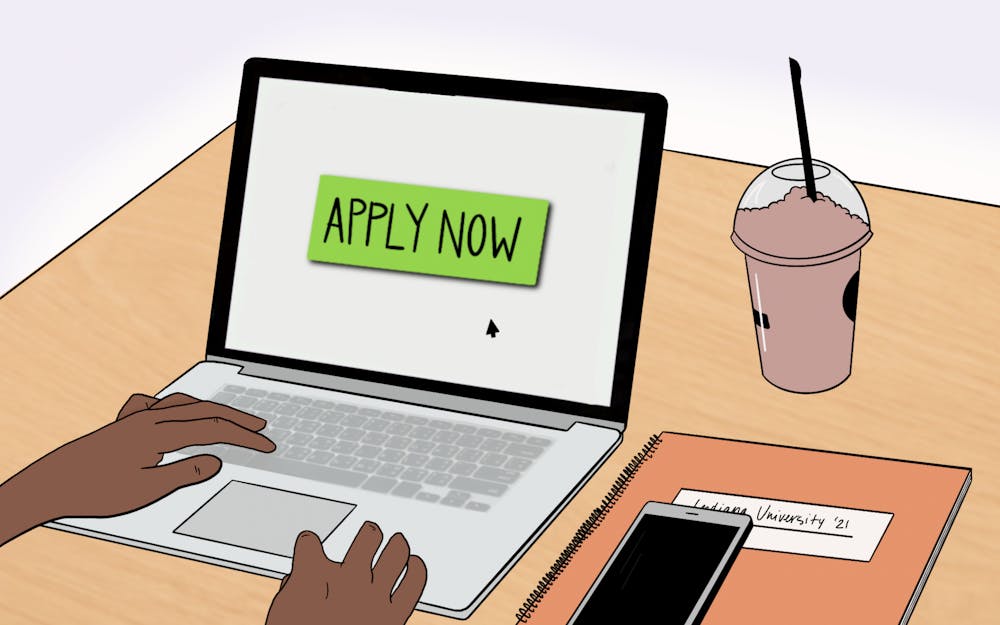In the face of continued pandemic-related uncertainty, the city of Bloomington works to address problems lower-income residents experience regarding equity and inclusion.
Bloomington announced nine local non-profit organizations as recipients for this year's Digital Equity Grant in a press release Oct. 25. Part of Mayor John Hamilton’s Recover Forward initiative aimed to address digital inequity for residents who don’t have the means to access the technology they may need.
Rick Dietz, director of the Information and Technology Services department, said the department was able to offer $50,000 in total grant awards, a $15,000 increase from the amount awarded to six non-profits in 2020. After a successful two years of awards, Dietz said this program is now a permanent grant offered yearly for local nonprofits.
Bloomington Fire: Friday controlled burn causes lead paint debris to spread, city administrators, resident say
“We ended up with a larger applicant pool and a deeper selection of projects, and we're happy to be able to move forward with that this year,” Dietz said.
For nonprofits like New Leaf New Life, who received $4,200, this means enhancing their digital capabilities to continue offering services like assistance for housing applications and locating digital records. New Leaf New Life’s mission is to help current and former incarcerated individuals in their transition back into the community.
Jordan McIntire, executive director of New Leaf New Life, said being able to purchase simple things such as a laptop and an office printer were important for the organization. During a normal week, the organization may print hundreds of forms ranging from birth certificates to divorce forms.
“This grant was really appealing because it kind of gave us permission to prioritize asking for a need that we had as an organization, but also that, in turn, would benefit community members,” McIntire said.
McIntire said she appreciated being able to more effectively offer these services, especially since the organization had to halt their in-jail education program at the start of the pandemic.
Currently the organization is only able to visit the jail to provide in-house mail services, eliminating the cost of sending mail for inmates. McIntire said she is hopeful the nonprofit will be able to begin re-offering workshops in the near future.
“For a lot of the folks that are incarcerated, this is like their maybe once or twice source of contact throughout the week with another human being that can be considered supportive and encouraging and empowering.” McIntire said. “As soon as we're able to do that, that's what we plan on doing is resuming the in-person workshops.”
National news: Bloomington enters nation’s first Sibling Cities relationship with Palo Alto, CA
South Central Community Action Program, a Bloomington-based nonprofit who assists low-income individuals and families, received $9,300 to assist their Thriving Connections program.
This program unites residents from both middle-and low-income classes to eliminate some existing stigmas. In doing so, they encourage community and collaboration.
Linda Patton, the programs coordinator for SCCAP, said the pandemic has exacerbated many of the issues lower-class individuals face daily which has made these issues easier to identify and address. Issues like racism, mental health issues, abuse and neglect have become the focus for both the participants and the organization.
“When the racial justice movement hit, we immediately started talking about it, and we had probably about two months of programming, where our participants of color talked about their lived experience in Monroe County with racism,” Patton said. “Many participants said we've never had conversations like this before, anywhere in our lives, they were very honest.”




